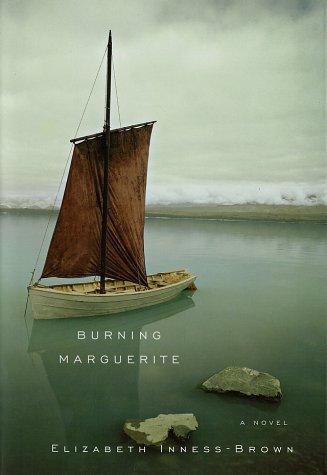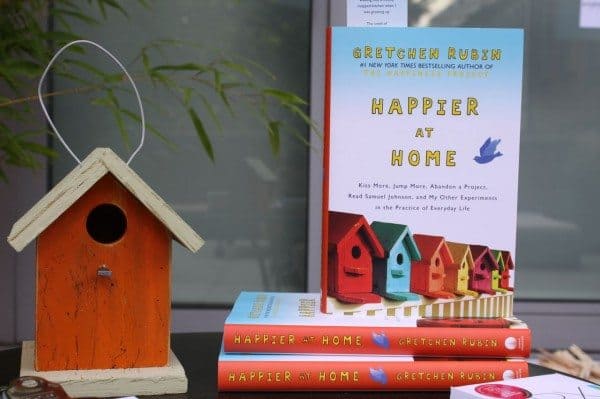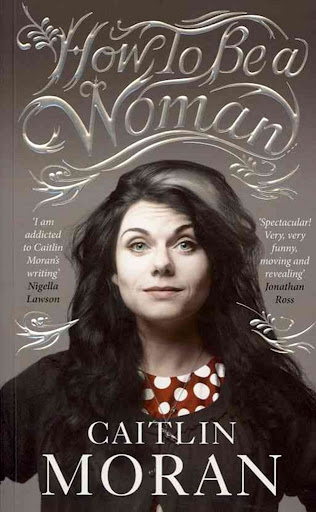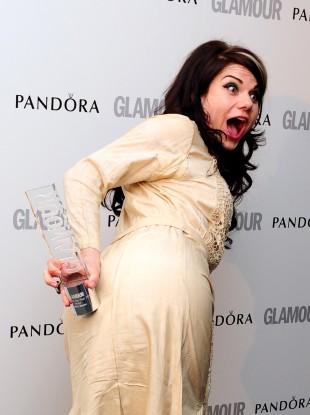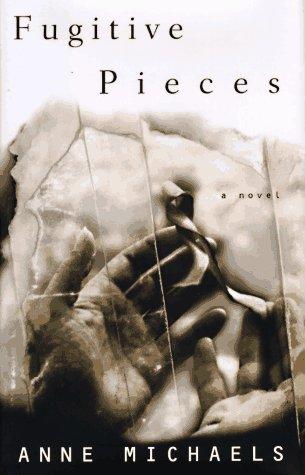 |
| Possible illustration of Titus Andronicus |
Reviewed by Susanna Allred
Published:1588-1593?
It's about: Titus Andronicus, a Roman general, and Tamora, wife of the Roman emperor engage in a bloody, bitter feud. Their mutual enmity begins when Titus conquers Tamora's tribe of Goths, takes her family captive, and sacrifices one of her sons to avenge the deaths in battle of his own sons. Tamora feigns reconciliation with Titus and marries the Roman emperor, Saturninus. With the assistance of her Moorish lover, Aaron, she engineers gory, violent revenge against Titus' family. The ensuing cycle of violence far outstrips other Shakespearean bloodbaths in graphic intensity. Where Hamlet featured stabbings, accidental and duelling-related; poisoning, and off-stage drowning; Titus Andronicus proudly makes human sacrifice, dismemberment, maiming, cannibalism, rape, beheading, what can only be described as honor killing, and a final, uniquely vindictive execution central plot points.
I thought: The violence in Titus Andronicus is so sensational that this play has traditionally been the least critically-regarded of Shakespeare's. The critic Gerald Massey famously excoriated it as "a perfect slaughter-house...it reeks of blood, it smells of blood, we almost feel that we have handled blood." Other critics have defensively tried to claim that it isn't Shakespeare's at all, so graphically over-the-top is the violence. Current consensus holds that Titus Andronicus is Shakespeare's, but an early, unrefined effort in the mode of Renaissance-era revenge plays.
The play's most intriguing dimension is its attempt to personify pure evil. While Tamora and Titus begin their violent rampage as bereaved parents, Aaron, Tamora's lover, gleefully lends his manipulative genius to her campaign with no other motive than his own sadism. In one particularly illustrative scene, Aaron overhears Tamora's sons Demetrius and Chiron fighting over the right to romantically pursue Titus' daughter, Lavinia. Aaron's ingenious solution to the conundrum is to encourage the young men to take turns raping Lavinia, then cut out her tongue and cut off her hands so that she can neither speak nor write the names of her attackers. Unlike most of Shakespeare's other villains, who are compelling in part because their motivations are innate to human experience (such as Claudius' ambition or Iago's jealousy), Aaron's evil is so unmoderated that it actually becomes rather enigmatic. When Aaron is asked if he is not sorry for his many evil deeds, he retorts "Ay, that I had not done a thousand more." At his execution, he exclaims
I am no baby, I, that with base prayers
I should repent the evils I have done:
Ten thousand worse than ever yet I did
Would I perform, if I might have my will;
If one good deed in all my life I did,
I do repent it from my very soul.
This actually has the odd effect of making Aaron seem rather modern as a character type. Like the serial killers, sadists, and psychopaths who haunt contemporary film, television, and literature, Aaron is compelling because he is alien. Murdering to avenge one's dead child is ghastly but comprehensible. But, like Hannibal Lecter or Joffrey Baratheon, Aaron engineers suffering simply because he is compelled to. He hungers for cruelty in a way that normal humans hunger for love.
Unfortunately, Shakespeare's foray into literary psychopathy goes flat when he uses Aaron's blackness to characterize him as evil. While associating darker skin color with evil certainly isn't Shakespeare's innovation, he uses a tired trope in a ham-handed and pointless way. When Aaron brags that his evil makes him "like a black dog" it feels more like a stupid pun than clever symbolism. I think this actually makes Titus Andronicus valuable as a metric for Shakespeare's development as a writer. Othello, a deservedly more popular play, also makes use of the association of dark skin with evil, but with a much more nuanced understanding of the way such stereotypes might pervert a good man to do evil. Othello's rival Iago plays on Othello's fear that his skin color makes him repulsive to Desdemona to manipulate him into murdering her in a jealous rage. Othello is a man hounded by a stereotype; Aaron might well be the stereotype hounding him.
Verdict: Stick it on the shelf or Rubbish Bin? In-between.
Reading Recommendations: Nick Schifrin studied American motivations for war in the Middle East through Titus Andronicus in this essay.
Warnings: Rape, murder, cannibalism, illegitimate births, mutilation, dismemberment, beheading, stabbing, human sacrifice.
Favorite excerpts:
Tis true; the raven doth not hatch a lark:
Yet have I heard,--O, could I find it now!--
The lion moved with pity did endure
To have his princely paws pared all away:
Some say that ravens foster forlorn children,
The whilst their own birds famish in their nests:
O, be to me, though they hard heart say no,
Nothing so kind, but something pitiful!














